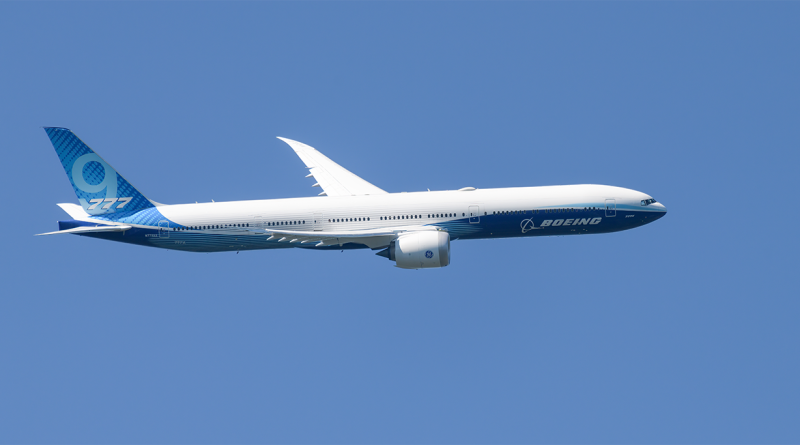Boeing’s Crisis Triggers Industry-wide Disruptions in the Aerospace Market
Boeing is facing significant challenges that are causing widespread disruption across its supply chain and major airline customers. Strikes by workers at its Washington sites have halted production on critical programs like the 767 and 777, exacerbating an already precarious situation. With $35bn in debt to manage, these disruptions hit just as Boeing was seeking to stabilize its financial footing. Major suppliers like Spirit AeroSystems and Senior have been forced to furlough workers and downgrade forecasts as a result of Boeing’s struggles.
Meanwhile, airlines dependent on Boeing deliveries are seeing their own operations impacted by delays. The intertwined nature of Boeing’s financial health with the broader aerospace industry underlines the severity of the situation, as the company scrambles to recover.
Boeing’s troubles are disrupting major suppliers
The strike at Boeing’s facilities has created serious challenges for its suppliers. Spirit AeroSystems, which manufactures key fuselage and propulsion components for Boeing, has had to furlough 700 workers due to the backlog of undelivered parts. Spirit’s CEO has warned that deeper layoffs are possible if the strike continues, as storage for parts is at capacity, and future production is threatened.
Across the Atlantic, UK-based supplier Senior has also been hit hard. The company’s shares dropped by 13 percent earlier this month following an announcement that the Boeing strike would negatively affect its second-half performance. Senior has already initiated job cuts and warned of softer trading conditions due to a broader slowdown in aerospace demand. Complicating matters further, other suppliers, including engine manufacturer CFM, are struggling with delivery timelines, affecting Boeing’s key rival, Airbus, as well.
Delayed Boeing deliveries are affecting carriers
For airlines, the ripple effect of Boeing’s production delays is deeply concerning. Ryanair, Boeing’s biggest customer in Europe, has announced it will likely receive far fewer planes than anticipated in 2024. CEO Michael O’Leary expressed disappointment, stating that of the 30 planes originally expected between March and June, receiving just 15 would be considered fortunate. This puts Ryanair’s growth plans at risk, potentially leading the airline to scale back its summer 2025 expansion.
Boeing’s delays are not limited to the 737 model. The long-awaited 777X has faced another delay, pushing its first deliveries to 2026, five years behind schedule. For airlines banking on Boeing to deliver newer, more fuel-efficient planes, these setbacks are causing significant planning disruptions and threatening their ability to compete.
Boeing’s financial scramble
As Boeing faces ongoing operational difficulties, its financial problems are becoming more pressing. Kelly Ortberg, Boeing’s new CEO, has taken drastic measures to raise $35bn in equity and debt to help the company manage its estimated $80bn in obligations. Additionally, Boeing is exploring asset sales, including the recent sale of a digital technology subsidiary, in an effort to ease its financial burden.
Boeing’s struggles are compounded by warnings from S&P Global Ratings, which have suggested that the company’s credit rating could be downgraded to junk status. The company is expected to report $5bn in charges related to its commercial airplane and defense sectors in the upcoming third-quarter results, with a potential $6bn loss looming. Boeing’s high cash burn rate and rising debt levels have left analysts concerned that more drastic financial restructuring, such as a rights issue or bankruptcy protection, could be on the horizon.
Sources:
